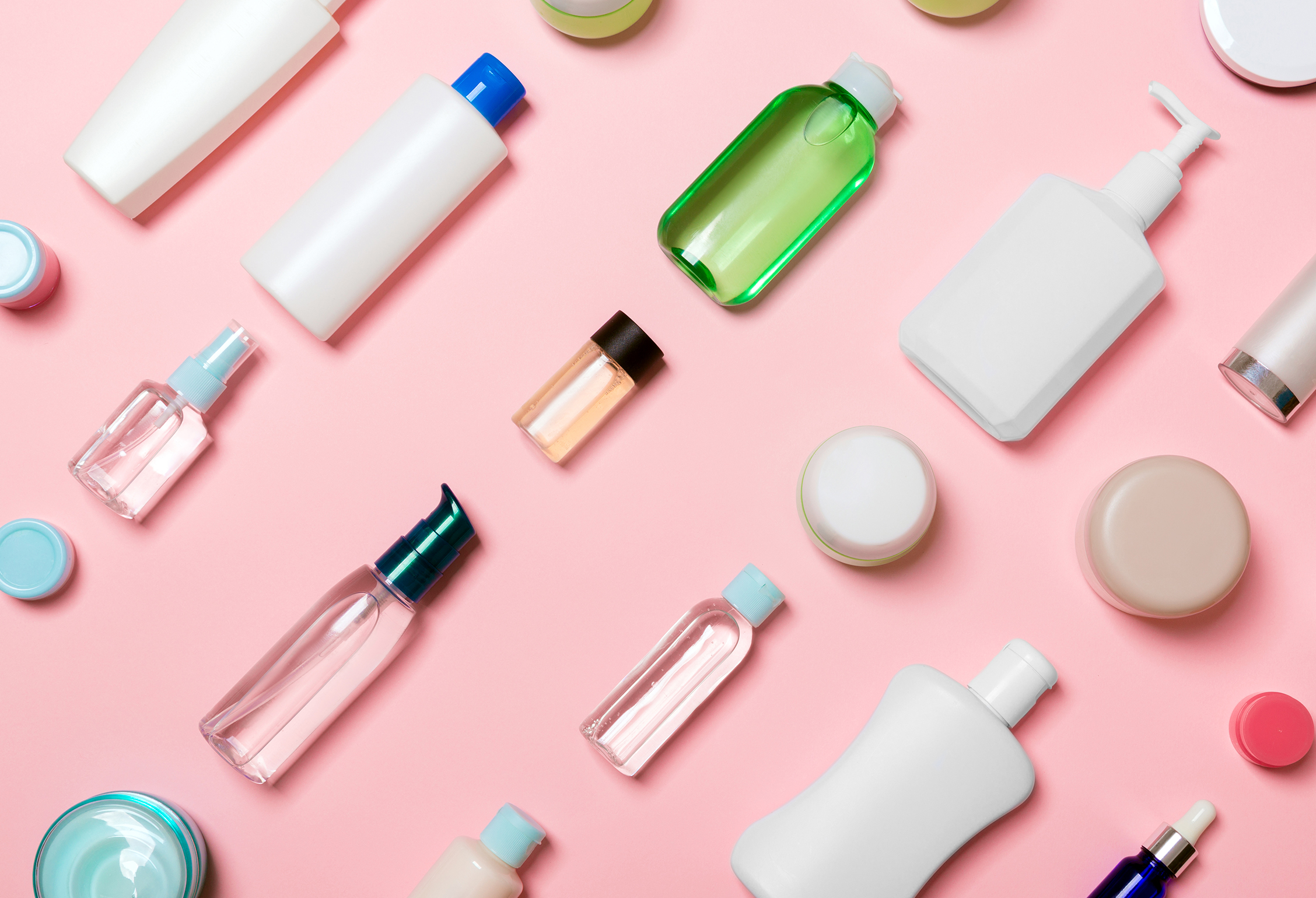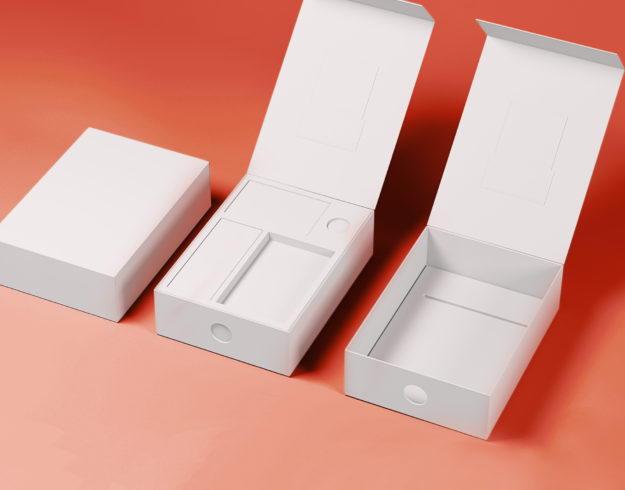Plastic serves a nearly endless variety of use cases. At Stephen Gould, we produce everything from high-end beauty and cosmetic retail packaging to poly bags and injection molded product components. Plastic packaging also serves as an attractive substrate for printing and displays.
Stephen Gould is the go-to provider for businesses seeking plastic containers. We offer a wide selection of plastic containers, bottles, jars, and enclosures that meet a variety of industry-specific standards, from retail to food and beverage. Whether you’re a small organization looking to scale, or a large business looking to optimize, our team can help you find the best plastic packaging solutions for your products.
Key Features of Plastic Containers
Plastic is the default packaging material for many products thanks to its durability and versatility.
Plastic containers are extremely durable and can be engineered to withstand extreme temperatures, making them ideal for storing certain types of foods, beverages, cosmetics, and other consumer products. Plastic containers are designed for toughness; they can take a beating during transit without breaking and cracking.
Versatility is another advantage of plastic. Plastic containers can be molded into various shapes and sizes in order to provide the best fit option while protecting the product. Common types of plastic containers include bins, bottles, buckets, drums, jars, jugs, overpacks, and tubes. Containers are readily available in a wide variety of round, square and tall forms and a range of colors.
Plastic vs. Glass Containers — Which is the Better Solution?
Many businesses find themselves weighing the pros and cons of plastic containers as compared to glass packaging. Glass has some advantages over plastic, the most significant of which is that glass is 100% recyclable. In most municipalities, only certain types of plastics are accepted for curbside recycling. Glass is also non-porous and will not absorb or release any toxic chemicals, making it a better alternative for certain types of consumables.
However, plastic also has numerous advantages over glass. The most tangible difference is the durability of plastic. Glass bottles and jars can break during the manufacturing, shipping, and distribution processes, which also impacts the safety of workers throughout the supply chain. Although lightweight innovation and surface treatments have increased the toughness of glass containers, plastic containers are still much safer in comparison. Plastic containers also do a great job of sealing in flavor and preserving it for long periods of time.
Glass bottles and jars also weigh significantly more than their plastic counterparts. This incurs more wear and tear on packaging machinery and increases the costs of shipping, fuel, and emissions. For the consumer, the increased weight from a glass container might determine whether they purchase your product or a competitor.
Customizing Plastic Containers
Plastic containers also offer a greater degree of customization for functionality and brand experience. Containers can be designed to highlight key brand attributes. A rigid container can emphasize strength and trustworthiness, whereas a sleek, lightweight container can elevate a product and highlight its luxury status.
There are also many lid and cap options that support a variety of applications, including:
Shaker caps
Flip top caps
Turret spout caps
Screw top caps
Child resistant caps
Push-pull caps
Shampoo caps
Aerosol caps
Dome caps


